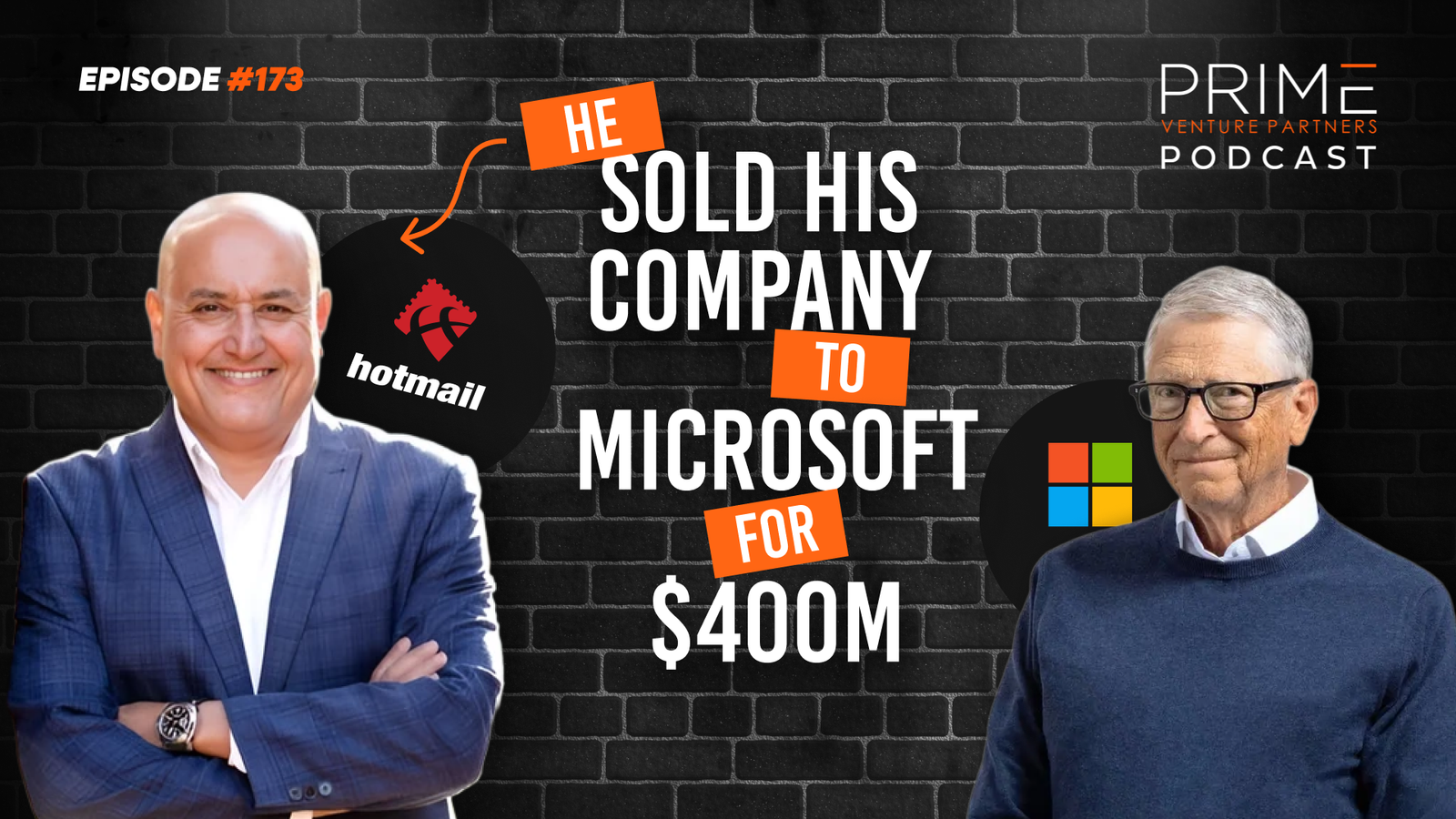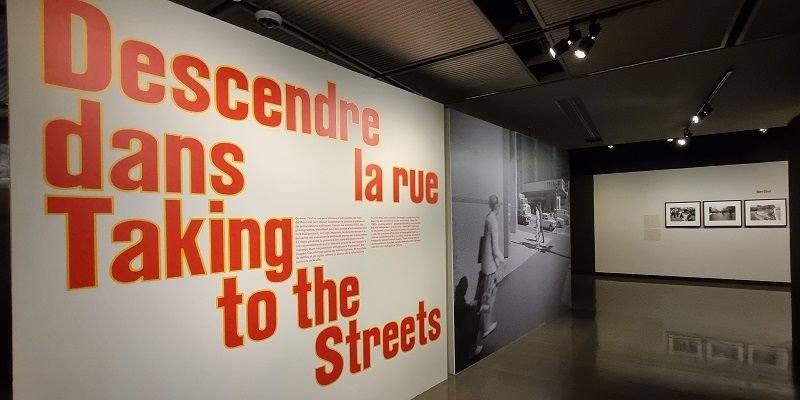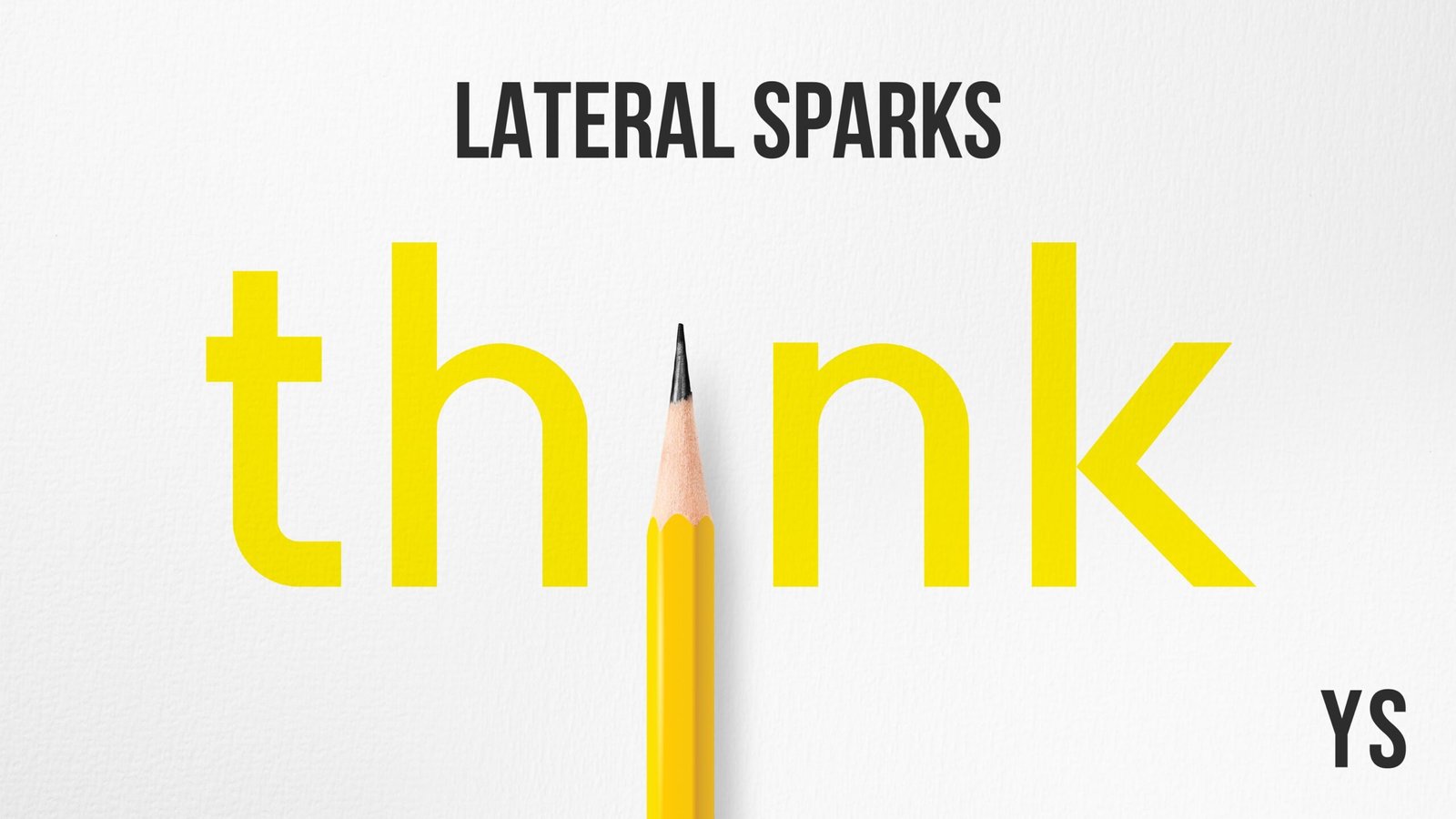Sabeer Bhatia: The man who built Hotmail and sold it to Microsoft for $400M


Bhatia offers a candid and wide-ranging view of his journey, from the serendipity of Hotmail’s birth to his unfiltered take on AI, and even fasting as the secret to longevity.
Hotmail: Solving a human problem
Hotmail wasn’t born from a master plan but from a small personal inconvenience.
“The original idea was a web-based database where we could store anything, photos, files, documents and retrieve them from anywhere in the world. All you needed was a browser. That was the first idea of cloud storage,” says Bhatia.
But when corporate firewalls blocked their personal emails, Bhatia and his co-founder Jack Smith pivoted.
“That’s when the idea of making email available on the web came to us. It was as simple as that. We said, wow, we could access our email from anywhere in the world. That was the genesis of Hotmail. And that’s why it’s called Hotmail, HTML mail.”
The simplicity of the solution was its genius.
“All the companies that have been super successful have clearly hit the nail on the head and solved a very simple problem in a very elegant way. That is true entrepreneurship.”
Thinking like a consumer
Bhatia is clear about his strengths: understanding consumers.
“I’ll be the first to confess, I don’t know anything about B2B SaaS. But in the consumer world, the last thing you think about is profit. You think about usage first. Will people use it? Why will they use it? How will you get distribution? Once they start using it, you figure out ways of monetising it.”
He credits Apple for shaping his philosophy.
“Apple hides everything. It never tells you megahertz, RAM, or AI models. It just works magically. To consumers, you have to sell a story, not features. Google just put out a search box. ChatGPT did the same. Nobody cares about the billions of parameters behind it. The first mover owns everything.”
AI: The next big wave
For Bhatia, the AI moment today feels even bigger than the internet’s rise.
“AI is going to be bigger than the Internet. Large language models will only take us so far. The big opportunity is how AI will be used to solve real-world problems.”
He has already built Showreel, an education app designed to sharpen critical thinking.
“Knowledge is irrelevant today. If I am testing you for what you know, it’s meaningless. What matters is how you think. Using AI, I’ve developed an app for education that will help kids and learners think critically. If there is one skill that will be more in demand in the next five years than any other, it’s critical thinking and problem solving.”
The applications he imagines are transformative.
“Everything is up for grabs. Medicine for sure. AI will do better than doctors in diagnosis. Personalisation is also the next stage from clothing to healthcare. Soon, we will interact more with AI and robots than with humans because they’ll give us the right advice.”
Lessons for founders
Despite the Hotmail acquisition making him one of Silicon Valley’s most celebrated entrepreneurs, Bhatia’s advice is grounded.
“A lot of young entrepreneurs overpromise and underdeliver. The one thing I learned from Microsoft is never do that, rather underpromise and overdeliver. The selling point is not the end vision, but the smaller steps you’re going to take to get there. And at every small assumption, get it tested.”
He also stresses the underrated skills of communication and storytelling.
“Language skills are key. Every entrepreneur is a salesman: to investors, consumers, employees. You’re always selling a story. Don’t let your imagination run so wild that you are consumed by hubris. Be realistic. Break your vision into smaller steps.”
Health above wealth
Asked about success and lifestyle, Bhatia shares how his priorities have shifted.
“Yes, I bought a few toys: a yacht, cars, and homes. But they lost value for me. Now my most prized possession is my bicycle. I ride 100 miles every week. It gives me health, keeps me fit, and makes me happy.”
He’s equally passionate about longevity through fasting.
“If you do five days of reduced-calorie fasting, you increase your lifespan by two-and-a-half years. That’s a trade I’ll take all day long. Exercise is huge, muscle mass is huge, sleep is huge, happiness and relationships are huge. Health comes above wealth. Look at Steve Jobs or Rakesh Jhunjhunwala—you can create all the wealth in the world, but what use is it if you die at 57?”
Forget the past, focus on the customer
In closing, Bhatia urges founders to stay rooted in the present.
“Don’t try to learn from the past. Forget the past; you can’t change it. Always keep thinking about how to improve the solution. Whatever you did yesterday, throw it out if you must. Always focus on the customer, and what the best experience will be.”
Listen to the full podcast episode to gain more insights :
Timestamps:
00:00 – Introduction
02:50 – The serendipity behind Hotmail’s creation
06:40 – Storytelling vs. Features: What consumers really buy
09:00 – The importance of thinking like a consumer
12:30 – The $99 smartwatch that beats Apple Watch
15:00 – Communication as a founder’s superpower
17:37 – From supercars to bicycles: Redefining success
19:37 – Why AI will be bigger than the internet
20:00 – Critical thinking as the #1 future skill
24:30 – AI in medicine & education disruption
38:37 – Health as the real wealth for entrepreneurs
44:00 – Advice to young founders
Edited by Swetha Kannan
Discover more from News Hub
Subscribe to get the latest posts sent to your email.







